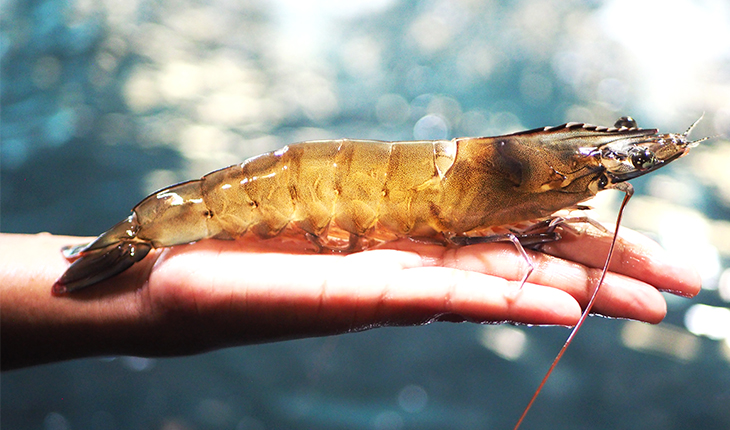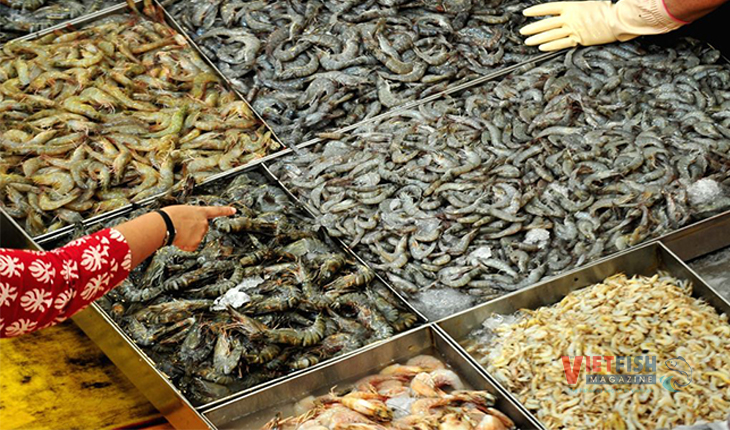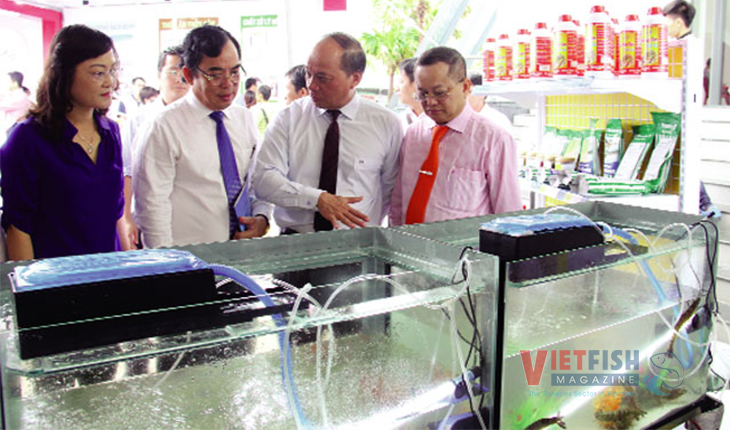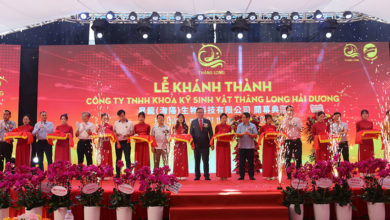Nearly VND 170 billion raised to revive livestock and aquaculture sectors after typhoon no. 3
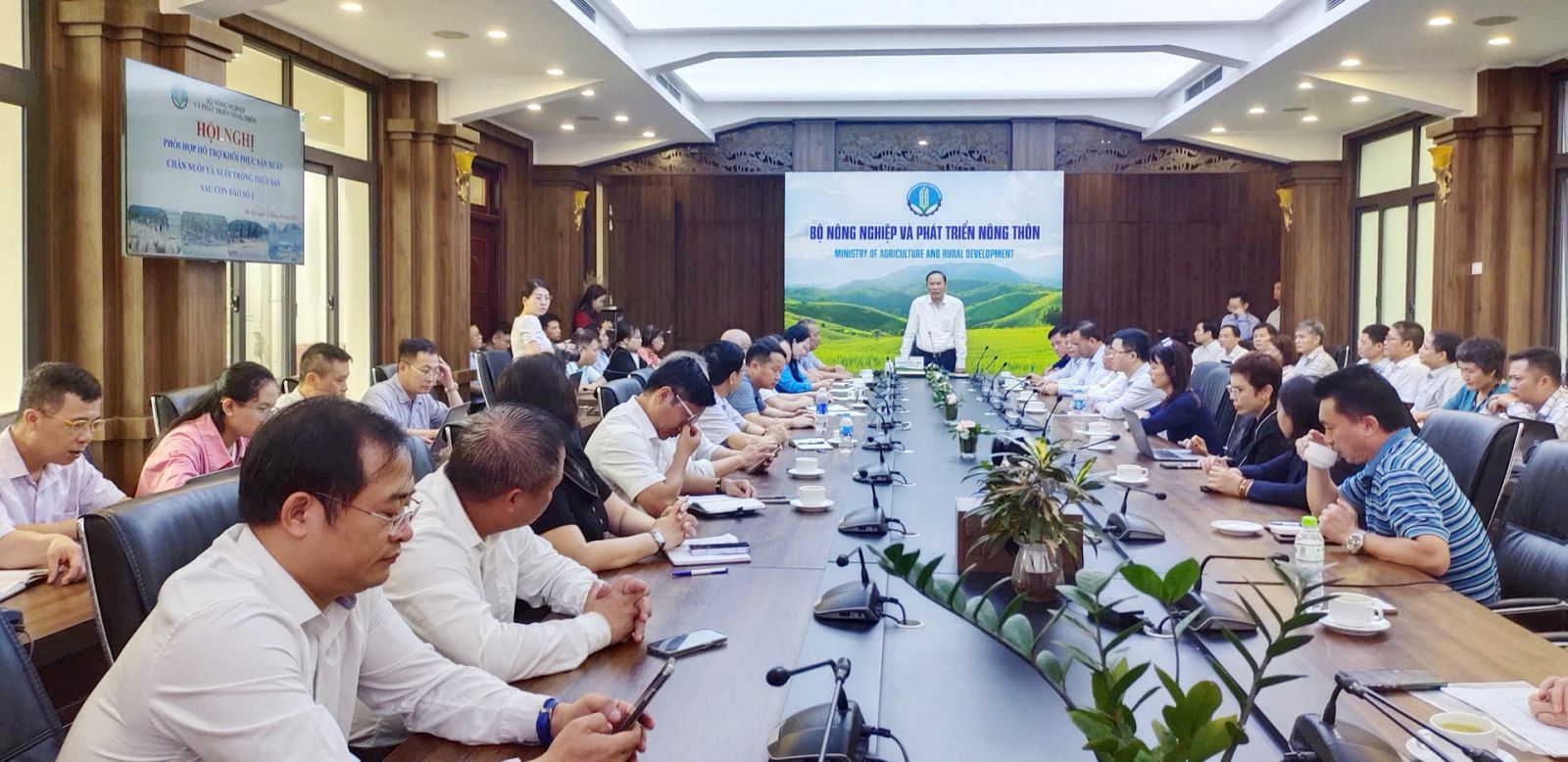
The livestock, aquaculture, and veterinary sectors have collectively mobilized close to VND 170 billion in financial and material support to aid the recovery of production following the devastation caused by Typhoon No. 3. Deputy Minister of Agriculture and Rural Development Phung Duc Tien has pledged that these resources will be distributed to the right people and for the right purposes, with a commitment to transparency.
Rising concerns over disease
On September 21, the Ministry of Agriculture and Rural Development (MARD) convened a conference in Hanoi to coordinate efforts aimed at restoring livestock and aquaculture production after the storm. During his address, Deputy Minister Tien emphasized the significant damage inflicted on the agricultural sector, particularly the livestock and aquaculture industries, which had been two of the fastest-growing sectors.
According to Pham Kim Dang, Deputy Director of the Department of Livestock Production, as of September 18, the storm and its aftermath had resulted in the death of over 22,800 livestock and more than 3 million poultry. The worst-affected areas included Hai Phong, Quang Ninh, Yen Bai, Hanoi, and Thai Nguyen.
Local authorities have yet to fully assess the damage to infrastructure, particularly livestock facilities. With many farmers facing significant losses, they are calling for compensation, investment support, debt rescheduling, and lower interest rates. They are also requesting help with disinfectants, livestock breeds, animal feed, veterinary medicine, and vaccines to replenish herds.
Aquaculture sector faces heavy losses
Tran Dinh Luan, Director of the Fisheries Department, reported that provinces from Quang Ninh to Nghe An have seen approximately 23,600 hectares of aquaculture ponds damaged by floodwaters. In addition, around 4,600 fish cages were destroyed, with total losses estimated at more than VND 2,500 billion.
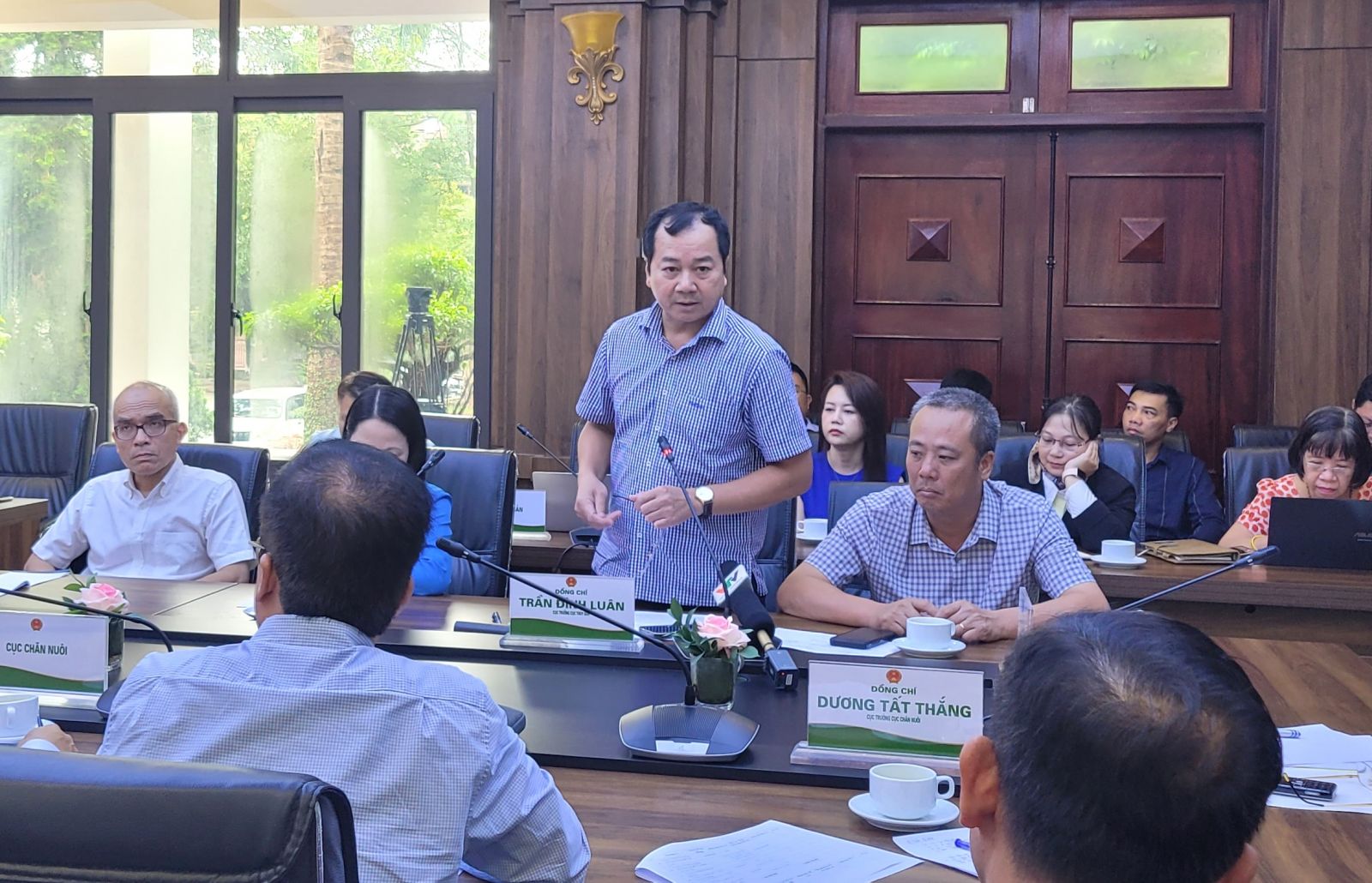 Tran Dinh Luan, Director of the Fisheries Department
Tran Dinh Luan, Director of the Fisheries Department
Luan proposed several measures to help the sector recover, including debt deferrals and targeted support for businesses, cooperatives, and households. He highlighted the need for improved insurance solutions to foster more sustainable aquaculture development.
Local authorities are urged to assess the need for aquatic breeds, feed, and water treatment chemicals to expedite recovery efforts. Mobilizing manpower to clean up flooded areas and applying disinfectants to address environmental contamination in affected regions are key priorities.
Post-Storm Disease Prevention a Top Priority
Nguyen Van Long, Director of the Department of Animal Health, expressed concern about the potential for disease outbreaks in the aftermath of the storm. “Our biggest worry after the storm and flooding is the spread of disease, as many pathogens persist in the environment and among livestock, posing a high risk of transmission,” Long said.
He called on MARD to issue directives and deploy resources to assist with disinfection efforts. Vaccination of livestock and poultry should also be prioritized to prevent disease outbreaks. Long urged veterinary medicine companies to avoid price hikes, and even suggested that discounts be provided to support affected farmers.
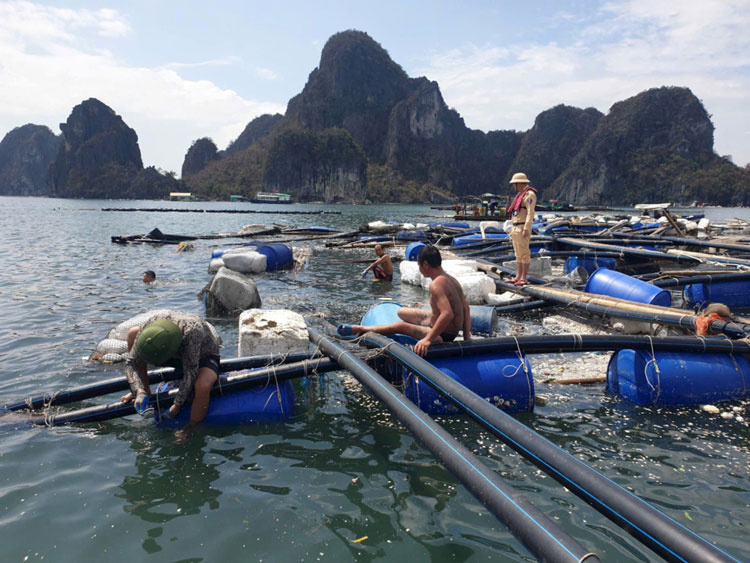 Aquaculture areas suffered severe damages
Aquaculture areas suffered severe damages
Seaweed sarming suggested as a viable recovery option
At the conference, various organizations and businesses proposed solutions for reviving production. Associate Professor Nguyen Huu Dung, Chairman of the Vietnam Sea Farming Association, stressed the severe impact on marine farming and called for the government to resolve issues around sea area allocation for farmers, enabling them to make necessary investments. He also urged the establishment of standards for marine farming to ensure sustainable production.
Do Linh Phuong, CEO and founder of DBLP, highlighted seaweed farming as a cost-effective option for farmers. DBLP, the only company in Vietnam to successfully cultivate Kappaphycus seaweed through tissue culture, is offering one million seaweed seedlings to help restart production. Phuong noted that many aquaculture farmers are running low on capital, and seaweed farming is attractive due to its low cost and minimal feed requirements.
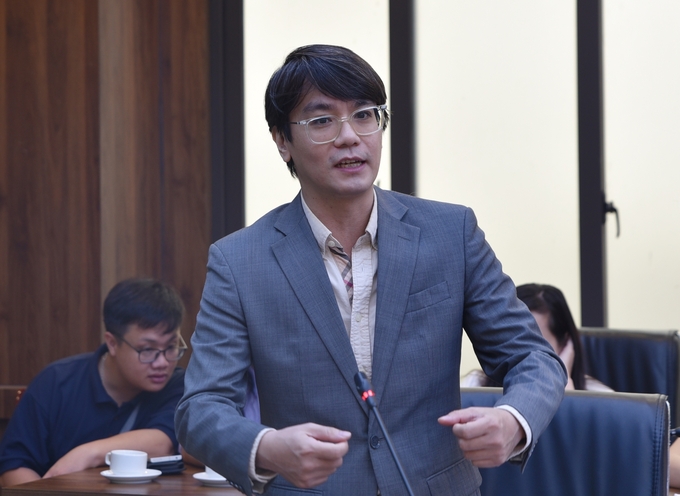 00Do Linh Phuong, CEO and founder of DBLP. Photo credit: nongnghiep.vn
00Do Linh Phuong, CEO and founder of DBLP. Photo credit: nongnghiep.vn
Government and Industry Collaboration Key to Recovery
Deputy Minister Tien directed the Fisheries and Livestock Departments to work closely with industry associations to organize further support for these sectors. He expressed his deep gratitude to the businesses, associations, and individuals who have contributed to the recovery efforts.
Vietnam’s strength, Tien said, lies in its long-standing tradition of solidarity. “With over 100 years of Party leadership and a spirit of unity, we will overcome these challenges,” he said, calling on businesses and individuals to continue supporting the agricultural sector, particularly livestock and aquaculture.
With the concerted efforts of MARD, the political system, businesses, cooperatives, and farmers, Tien expressed confidence that the agricultural sector will soon recover and maintain its growth momentum into 2024 and beyond.
As of now, the fisheries sector has received nearly VND 85 billion in donations, the livestock sector close to VND 79 billion, and the veterinary sector around VND 2.4 billion. These contributions, from benefactors and businesses, include funds, feed, livestock breeds, and environmental treatment materials aimed at helping local farmers recover from the damage caused by Typhoon No. 3 and the subsequent floods.
VFM


